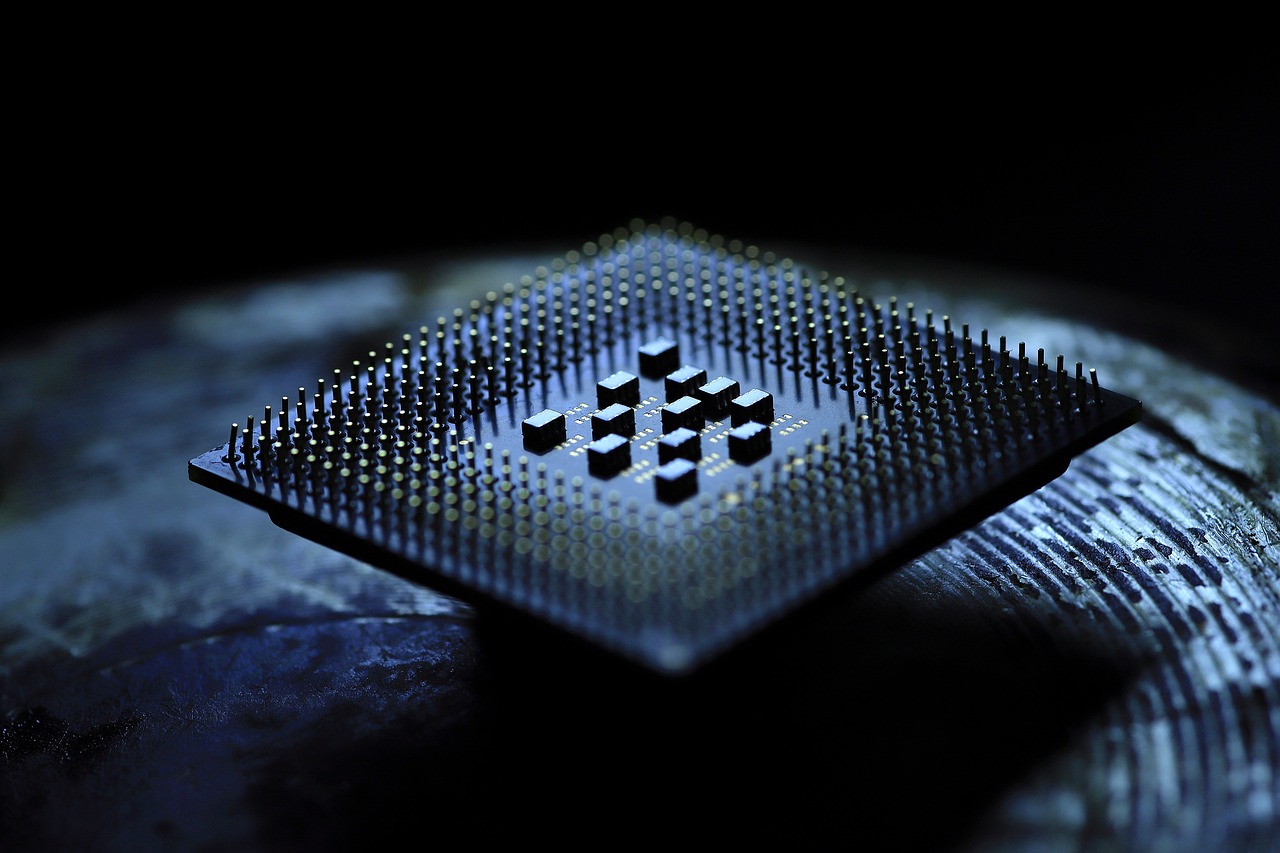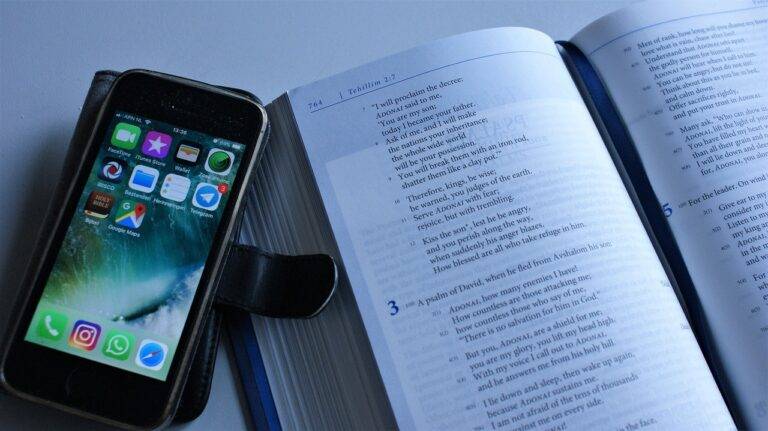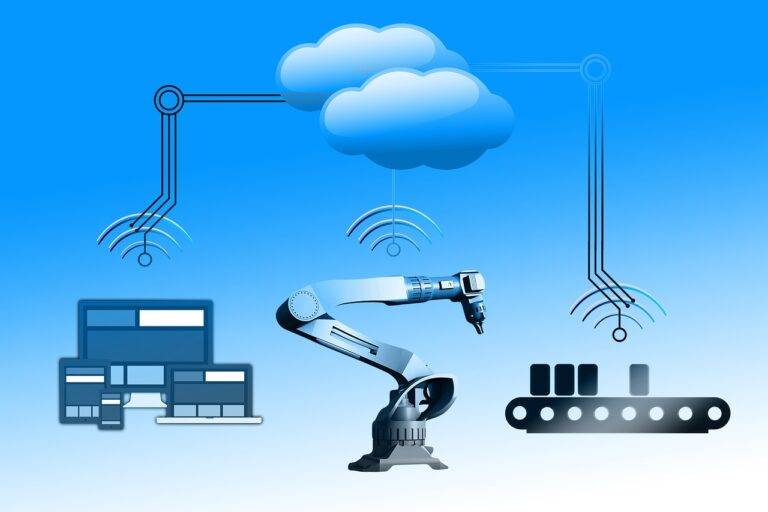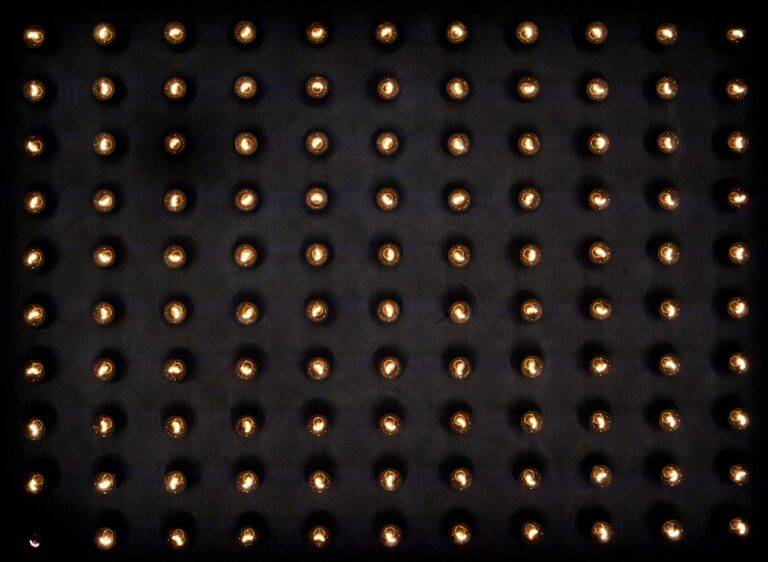IoT in Healthcare: Applications and Challenges
The future of healthcare is becoming increasingly intertwined with the Internet of Things (IoT) technology. With the continuous advancement in IoT devices and their capabilities, healthcare providers are poised to leverage this technology for improved patient care and outcomes. From wearable health monitors to smart pill dispensers, IoT is revolutionizing how healthcare is delivered and managed.
One of the key trends in IoT for healthcare is the adoption of telemedicine solutions. Through IoT-enabled devices, healthcare professionals can remotely monitor patients’ vital signs, provide real-time consultations, and even conduct virtual appointments. This not only enhances access to healthcare services, especially in rural or underserved areas but also allows for more personalized and proactive care management.
Impact of IoT on Healthcare Industry
The integration of IoT technology in the healthcare industry has revolutionized the way patient care is delivered. With the use of connected devices and sensors, healthcare providers can now gather real-time data on a patient’s vital signs and health metrics. This continuous monitoring allows for early detection of any abnormalities or changes in a patient’s condition, leading to timely intervention and improved patient outcomes.
Moreover, IoT devices have streamlined communication and collaboration among healthcare professionals. Through cloud-based platforms and mobile applications, doctors, nurses, and other caregivers can easily access and share patient data, test results, and treatment plans. This seamless exchange of information not only enhances the efficiency of healthcare delivery but also promotes a more coordinated approach to patient care.
What are some future trends of IoT in the healthcare industry?
Some future trends of IoT in healthcare include remote patient monitoring, personalized medicine, smart hospitals, and predictive analytics.
How does IoT impact the healthcare industry?
IoT has a significant impact on the healthcare industry by improving patient care, streamlining operations, reducing costs, and enabling remote monitoring and care.
What are some challenges of implementing IoT in healthcare?
Some challenges of implementing IoT in healthcare include data security and privacy concerns, interoperability issues, and the need for skilled professionals to manage and analyze the data.
How can IoT improve patient outcomes in healthcare?
IoT can improve patient outcomes in healthcare by enabling remote monitoring of patients, facilitating real-time data analysis, and providing personalized treatment plans based on individual health data.
What are some examples of IoT devices used in healthcare?
Some examples of IoT devices used in healthcare include wearable fitness trackers, smart insulin pumps, remote patient monitoring devices, and smart pill bottles for medication adherence.





